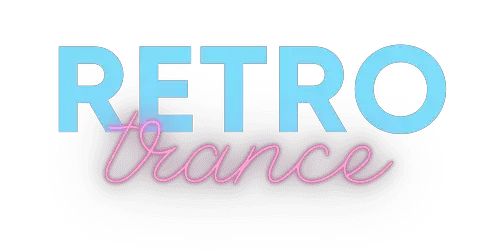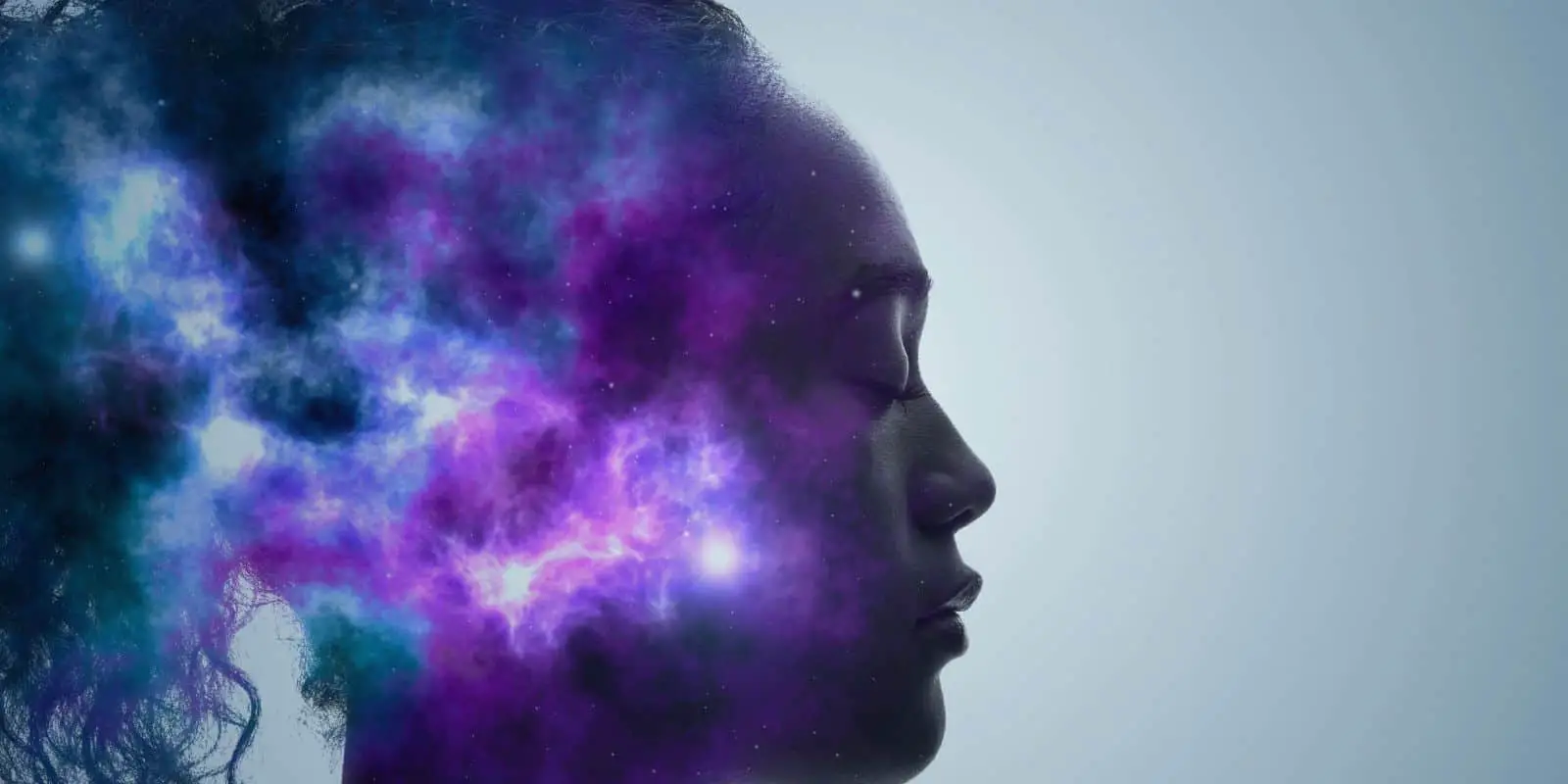Trance music is a genre that has been around for decades, and its popularity has only grown over the years. It is known for its repetitive beats and uplifting melodies that can transport listeners to a different state of mind. But can trance music make you high? We did some research to find out.
According to some studies, listening to music can have a similar effect on the brain as taking drugs. The act of listening to your favorite track can modulate serotonin and dopamine levels in your brain, which can make you feel euphoric. Trance music, in particular, is known for its ability to induce a trance-like state, which can be described as a feeling of being in a dream-like state or a state of heightened awareness.
However, it is important to note that not everyone will experience the same effects from listening to trance music. Some people may find it relaxing or energizing, while others may not feel any different at all. Additionally, while listening to trance music may induce a temporary feeling of euphoria.
Trance Music and the Brain
Trance music has been known to induce an altered state of consciousness in listeners, leading to feelings of euphoria and relaxation. But what exactly happens in the brain when we listen to trance music? In this section, we will explore the science behind trance music and its effects on brain waves.
The Science Behind Trance Music
Trance music is characterized by repetitive beats and melodies that create a hypnotic effect on the listener. This repetitive nature of trance music has been shown to stimulate the release of dopamine, a neurotransmitter associated with pleasure and reward. This release of dopamine can lead to feelings of euphoria and relaxation, which are often associated with the trance experience.
Studies have also shown that listening to trance music can lead to changes in brain wave activity. Specifically, trance music has been found to increase alpha and theta brain waves, which are associated with relaxation and meditation. This increase in alpha and theta brain waves can lead to a deep state of relaxation and can help reduce anxiety and stress.
Brain Waves
Brain waves are the electrical impulses that are generated by the neurons in our brains. These electrical impulses can be measured using an electroencephalogram (EEG), which records the electrical activity of the brain. There are four main types of brain waves, each associated with different states of consciousness:
- Beta waves (12-30 Hz) are associated with wakefulness and alertness.
- Alpha waves (8-12 Hz) are associated with relaxation and meditation.
- Theta waves (4-8 Hz) are associated with deep relaxation and meditation.
- Delta waves (0.5-4 Hz) are associated with deep sleep.
Trance music has been found to increase alpha and theta brain waves, which can lead to a deep state of relaxation and meditation. This increase in alpha and theta brain waves can also help reduce anxiety and stress, which are often associated with the trance experience.
In conclusion, the science behind trance music and its effects on the brain is still being studied. However, it is clear that trance music can induce an altered state of consciousness and lead to feelings of euphoria and relaxation. The increase in alpha and theta brain waves associated with trance music can also help reduce anxiety and stress, making it a great tool for relaxation and meditation.
Effects of Trance Music on the Body
Trance music is known for its ability to induce a state of trance or a hypnotic state of mind. This state is characterized by a heightened sense of awareness and a deep state of relaxation. Trance music has been found to have several effects on the body, including changes in heart rate and blood pressure.
Trance Music and Heart Rate
Studies have shown that listening to trance music can have a significant effect on heart rate. When exposed to trance music, our heart rate tends to increase, which can be attributed to the fast-paced beats and rhythms of the music. This increase in heart rate can have a stimulating effect on the body, making us feel more alert and focused.
Trance Music and Blood Pressure
Trance music has also been found to have an effect on blood pressure. When exposed to trance music, our blood pressure tends to increase, which can be attributed to the stimulating effect of the music. However, this increase in blood pressure is usually temporary and tends to return to normal levels once the music stops.
It’s important to note that the effects of trance music on heart rate and blood pressure can vary from person to person. Some individuals may experience a more significant increase in heart rate and blood pressure than others, while others may not experience any change at all.
In summary, trance music can have a significant effect on the body, including changes in heart rate and blood pressure. These effects are usually temporary and tend to return to normal levels once the music stops. It’s important to be aware of these effects when listening to trance music, particularly if you have any underlying health conditions that may be affected by changes in heart rate or blood pressure.
Trance Music and Emotions
Trance music is known for its ability to evoke strong emotions in listeners. It is common for people to describe feeling “high” or “euphoric” while listening to trance music. This is because trance music has the ability to stimulate the release of certain chemicals in the brain that are associated with positive emotions.
Trance Music and Dopamine Release
One of the chemicals that is released in the brain while listening to trance music is dopamine. Dopamine is a neurotransmitter that is associated with pleasure and reward. When we experience something pleasurable, such as listening to music, our brain releases dopamine. This gives us a feeling of pleasure and reinforces the behavior that led to the release of dopamine.
Trance music has been found to stimulate the release of dopamine in the brain. This is because the repetitive beats and rhythms in trance music create a sense of anticipation and build-up, which can be very pleasurable for listeners. As a result, listening to trance music can create a sense of euphoria and pleasure that is similar to the feeling of being high.
Trance Music and Serotonin Release
Another chemical that is released in the brain while listening to trance music is serotonin. Serotonin is a neurotransmitter that is associated with feelings of happiness and well-being. When we have high levels of serotonin in our brain, we feel happy and content.
Trance music has also been found to stimulate the release of serotonin in the brain. This is because the repetitive beats and rhythms in trance music create a sense of order and predictability, which can be very calming and soothing for listeners. As a result, listening to trance music can create a sense of peace and contentment that is similar to the feeling of being high.
In conclusion, trance music has the ability to stimulate the release of certain chemicals in the brain that are associated with positive emotions. This is why many people describe feeling “high” or “euphoric” while listening to trance music. By understanding the way that trance music affects our brain chemistry, we can better understand why it has such a powerful emotional impact on listeners.
Can Trance Music Make You High?
We’ve all felt the rush of excitement and euphoria that comes with listening to our favorite music. But can trance music take us to a higher state of consciousness and make us feel high?
According to many trance fans, the answer is a resounding yes. Trance music is known for its repetitive beats, uplifting melodies, and hypnotic rhythms that can induce a trance-like state in listeners. This state is characterized by a feeling of euphoria, relaxation, and heightened awareness.
But is this feeling of “high” caused by the music itself, or is it simply a result of the listener’s interpretation and emotional response to the music? While there is no definitive answer, recent studies have shown that listening to music can stimulate the release of dopamine, a neurotransmitter associated with pleasure and reward.
Trance music, in particular, has been found to activate the same brain regions as other pleasurable stimuli, such as food, sex, and drugs. This suggests that the experience of listening to trance music can be similar to that of using drugs, without the negative side effects and risks associated with drug use.
While the effects of trance music on the brain and body are still being studied, it’s clear that many people find the experience of listening to trance music to be deeply rewarding and even transformative. Whether you’re looking for a way to unwind after a long day or seeking a deeper connection with your emotions and consciousness, trance music may be just the thing you need to take you to new heights of euphoria and self-discovery.



